I once asked a hospice patient what his favorite season was. Without hesitation, he responded, “Football season!”
It’s that time of year. You can sense it. The atmosphere is permeated with that unique Friday-night-lights, Saturday-tailgating, Sunday-afternoon-couch-potato feeling that every Fall seems to bring.
Life is a lot like football
In some ways, life resembles football. It can be exciting, exhilarating, and thrilling. It can also be scary, unnerving, and painful. It demands discipline, hard work, and guts. Trusting our coaches, being a team player, and learning to excel at our positions are indispensable. Mastering the game plan is crucial, but making good adjustments along the way can be even more important.
Above all else, one fact remains: If you’re in the game, you’re going to get hit. How you respond to the hits will make a huge difference, not just for you, but for the entire team.
Life is wonderful – and tough. We’re going to take some hits. A few of them might be brutal. A mentor of mine once said, “Life is a series of losses. How we interpret and respond to those losses makes all the difference.”
We’ve heard this before, many times. I think of the old Timex commercials – “It takes a licking and keeps on ticking.” Here are some other well-used examples:
- When the going gets tough, the tough get going.
- When life gives you lemons, make lemonade.
- Quitters never win and winners never quit.
- No pain, no gain.
- What doesn’t kill us makes us stronger.
The message is clear. Hits will come. Be ready. Persevere. Endure. Stay at it. Keep moving. Overcome.
As we age, the losses pile up
As we age, the losses pile up. Over time we lose abilities, memory, health, and even independence. We can do less. Body parts ache more. Our schedules become littered with medical visits. We’re slower. We wear down. Life gets more exhausting. As a friend of mine recently said, “I was just tired before. Now I’m re-tired!”
We also experience relational losses. People leave, move, or separate. Some distance themselves or disappear. Everyone is getting older. People die. Life and relationships are always in flux. Nothing stays the same for very long.
Over time, our accumulated losses can grow heavy. Like an aging football player, we feel the hits more. Pain from past injuries surfaces. We adjusted and healed at the time, but we didn’t walk away unaffected. How we responded to those hits powerfully shaped us.
Again, how we interpret and respond to the losses we experience will have a massive impact on our lives. This is truer now than ever before.
How do we handle the hits that come?
How do we handle the losses of life, past, present, and future? Here are a few suggestions.
First, be aware of your own personal history of loss.
We all have a history of loss. Our pasts are littered with disappointments, rejections, and conflicts.
Neglect, abandonment, domestic violence, sexual abuse, physical abuse, physical illness, mental illness, handicaps, learning disabilities, bullying, failures, moves, relational break-ups, separations, divorce, deployment, and deaths – these are hits we might experience in life. Some have more intense histories than others, but the key is not how much loss we’ve had but how we responded to the hits that came. The past never determines our future, but it does greatly influence it.
Being aware of your history of loss can be helpful in navigating current and future difficulties.
Second, be real and authentic.
Most of us try to put a good face on things. Nothing wrong with that. But sometimes we can also be guilty of stuffing our losses and denying the pain that comes from them.
What we shove inside doesn’t disappear, but gets stored away to be released later. Unresolved grief and loss can pop up as anxiety, depression, mental or physical illness, vocational trouble, and relational dysfunction. Not handling our losses well can eat us up from the inside out.
Wouldn’t it be nice if our baggage got lighter rather than heavier as time went on? I believe this is possible. We can offload some weight by becoming more real and authentic.
We all need someone – hopefully several people – that we can be ourselves with. We heal and grow as we are real with a few other people about what’s happening inside us.
Third, cultivate a thankful heart.
See the positives. Count your blessings. Keep the glass half full. Don’t deny the obstacles and difficulties, but cease to view them through “doom and gloom” lenses.
An old proverb states, “A thankful heart is good medicine.” Seeing the good and being thankful can become salve to painful wounds. Thankfulness leads to more healing than we realize.
Fourth, intentionally turn losses into gains.
I once read a book titled I Eat Problems for Breakfast. We wake up and boom – here come the challenges.
If hits are inevitable, why not make them count? No matter what happens, focus on growing and learning through it. Put the pain and grief to work. Seek to serve, assist, and love others. Live with purpose.
The heart tends to heal as we give and serve. As we turn losses into gains, others will benefit, and the ripple effect can be extraordinary.
Fifth, develop an “overcomer” mindset.
Life can be brutal. Don’t waste the pain, but make the most of it. Much of life is about overcoming.
This is hero-making stuff. We live for others, for the greater good – leaping, vaulting, and sometimes stumbling over speed bumps, potholes, and road closure signs along the way. We overcome – again, and again, and again.
We eat problems for breakfast.
How we do life matters
Every one of us is more important than we realize. How we do life – including how we interpret and respond to the hits along the way – matters.
Be yourself. Be real and authentic. Cultivate a thankful, appreciative heart. Seek to grow and serve. Turn those losses into gains. Develop an overcomer mindset.
Now, if you’ll excuse me, it’s breakfast time. I have some problems to eat.
This article first appeared in the Bryan-College Station EAGLE, September Seasoned Magazine, 2017.
Question: Of the five suggestions in this article, which one resonates with you the most, and why?



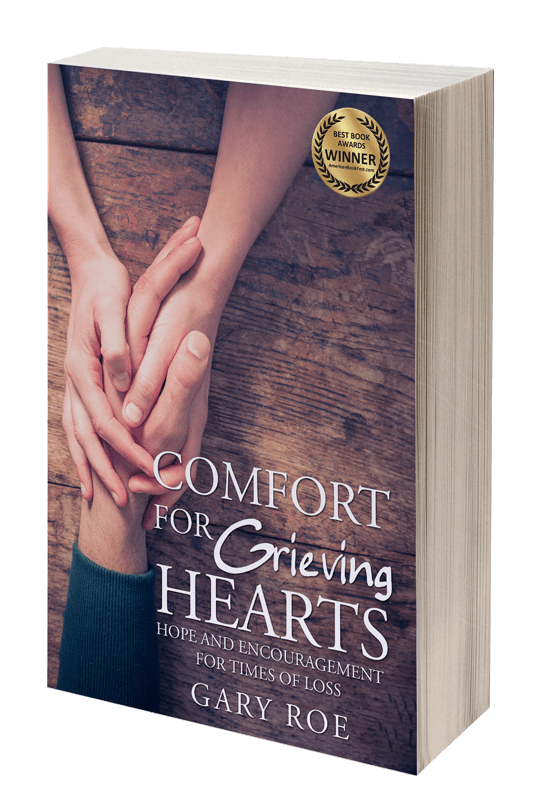
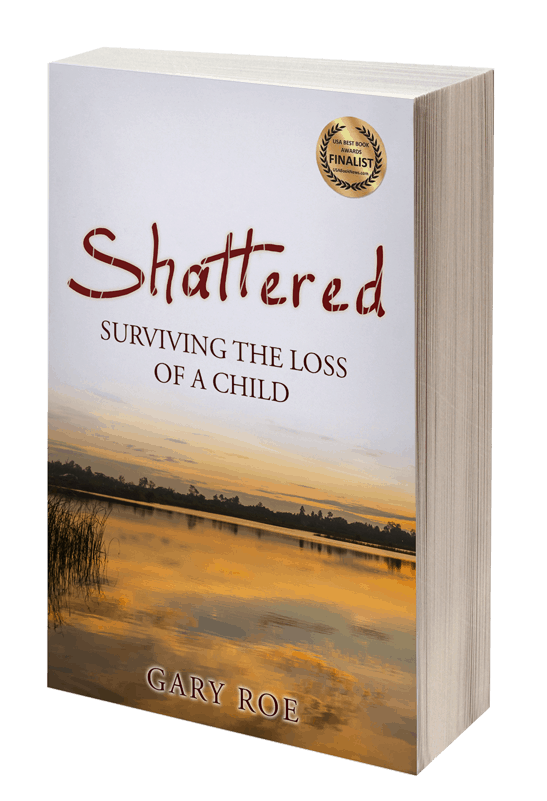
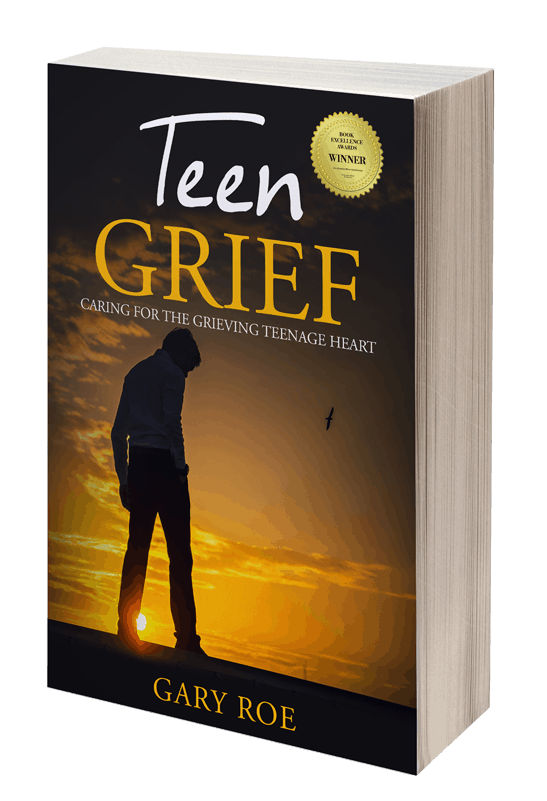
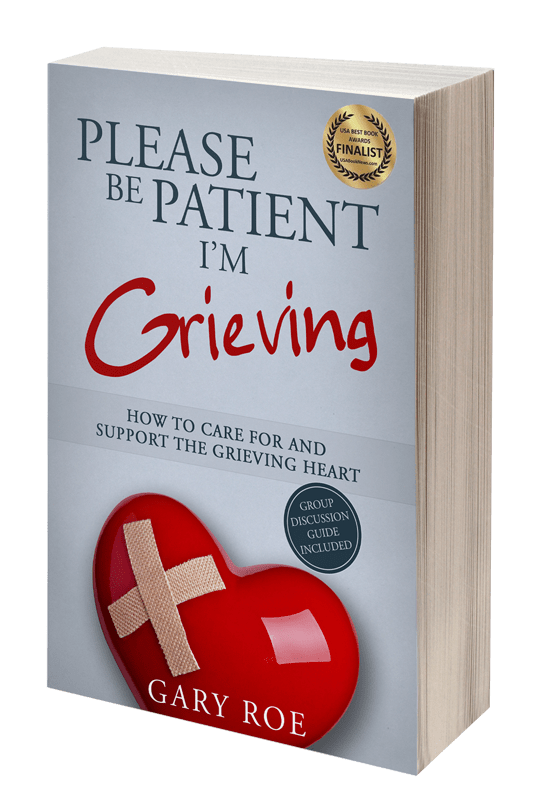
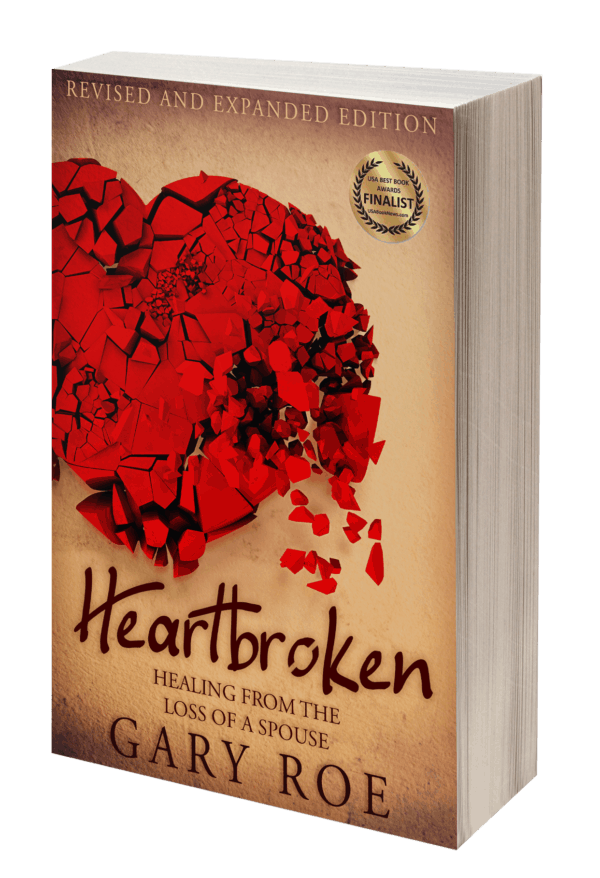
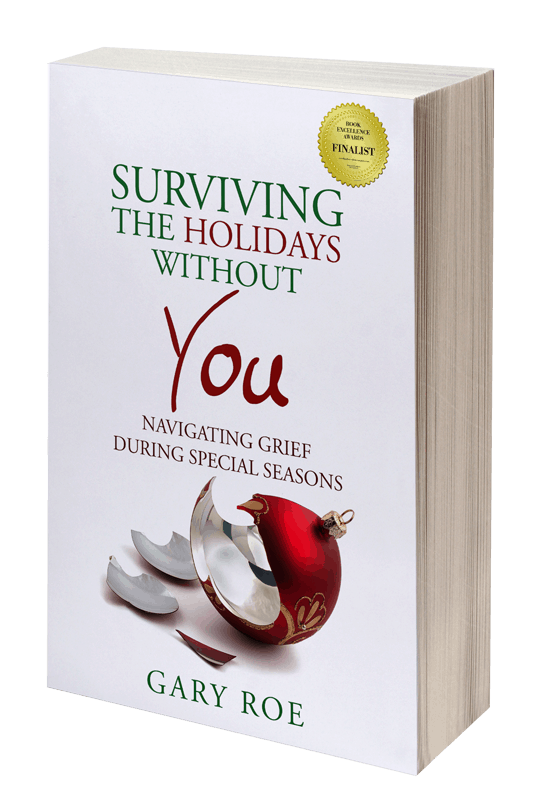
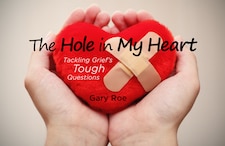
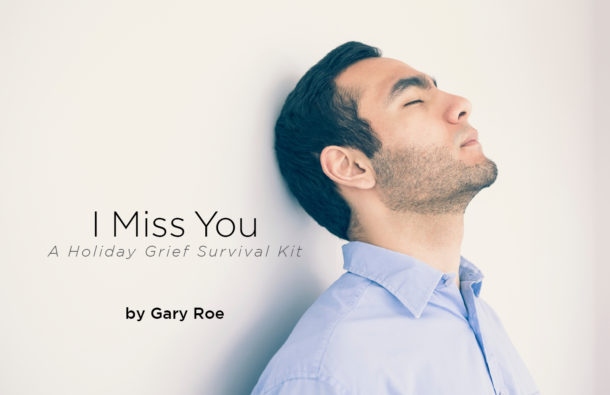
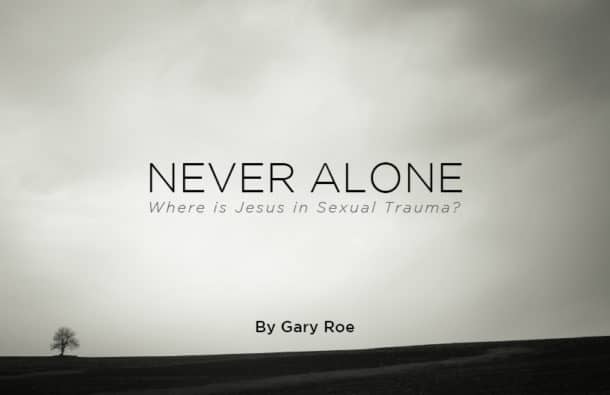

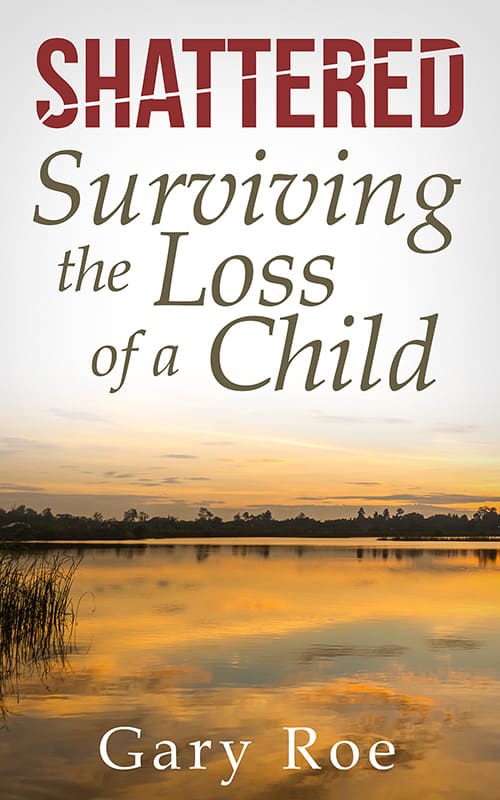
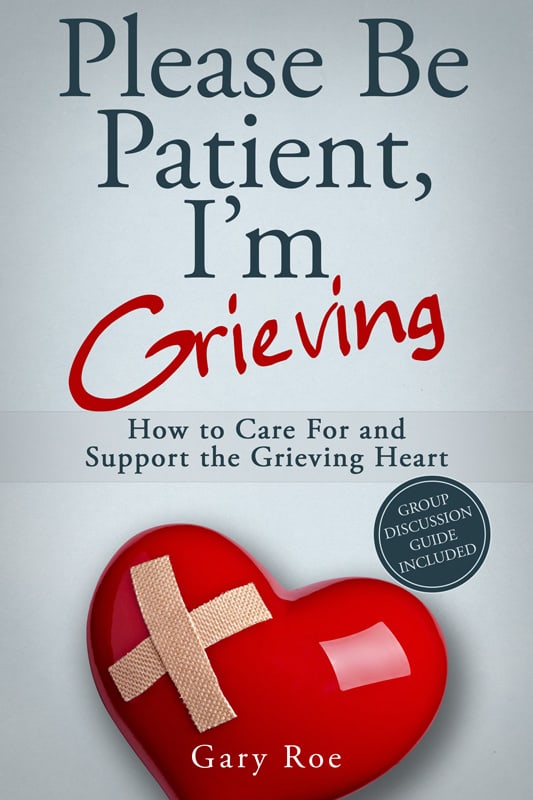
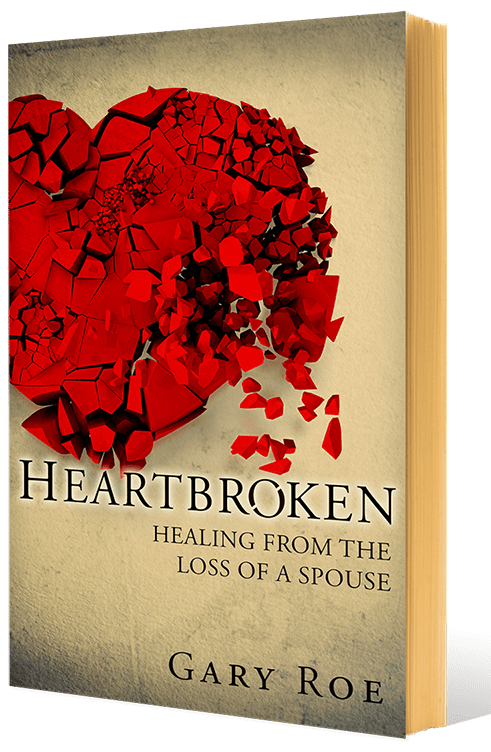
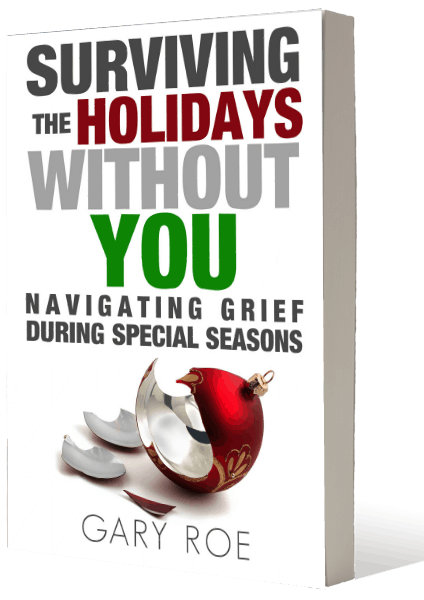
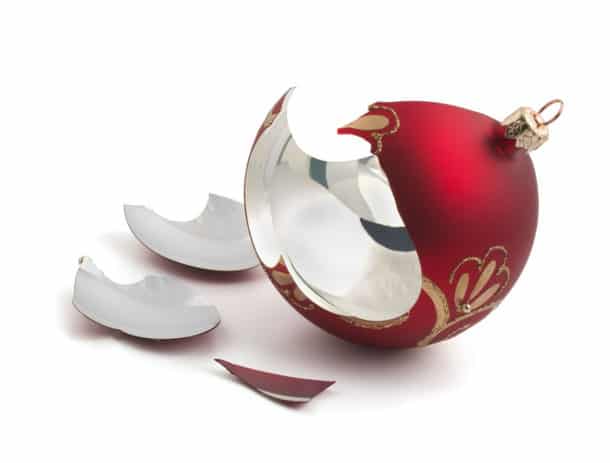
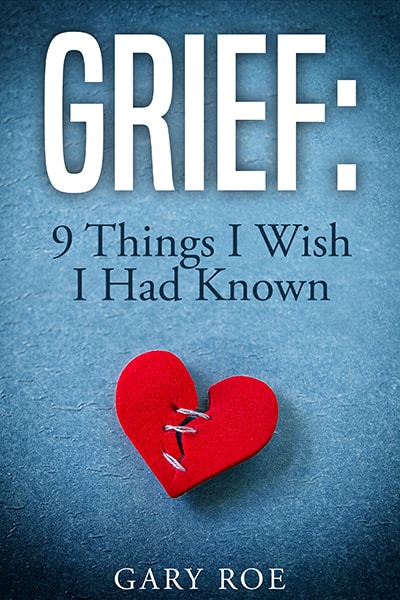
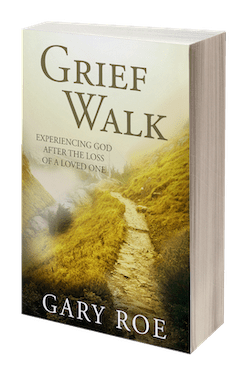
I lost my Son 7 months ago. I’m dreading the holidays. I do well to struggle through each day. How are you suppose to do this for the rest of your life?
Hi Marle. I’m so sorry about your son. Ugh. How terrible, and painful, and confusing, and everything else. Yes, each day can seem like a solo swim of the Pacific. No wonder you feel as you do. Please be kind to yourself and patient with yourself. It’s hard to see down the road very far at this point – maybe you can’t see down the road at all – but over time, the grief will change. You will always grieve on some level, because you will always miss him. Love is like that. Please feel free to reach out and share here any time. We get it – on some level – and you are not alone.
Fifth: Overcomer Mindset
I can’t change the fact that my husband passed away, he’s not coming back. I have to accept it and decide what I’m going to do with my life – have a fresh start as a widow. I try to think of ways that I can be a blessing to others. I know my husband would not want me to dwell on my grief, but to find joy again.
HI Miriam. You are so right, and I’m proud of you for just taking the steps to think this way. You are already a blessing, I can tell that. Yes, live with purpose – and that honors your husband’s memory in deep ways. People need you. We need each other, badly. If I can help in this journey, please let me know. And please feel free to share here any time. We will all benefit from what you have to say!
All of this is valuable help, but my daughter was such a valuable person, so involved and vibrant for our little family, that it’s going to take so much more time, awareness, mindfulness and energy to continue on with trying to heal some. I have your books for her 3 brothers and 2 nieces, the most impacted although she was also nanny to so many friends children too. I am at such a huge loss with out my loving, careing, giving daughter who was so perfect, exactly the baby girl I wanted. My loss is so deep forever. Thank you for all you do.
Hi Jacleen. Thank you for sharing. I’m so, so sorry about your daughter. Yes, you’re right. Nothing is the same, or will be the same again. Yes, she was (and is) that special. A mom’s heart is powerful, compassionate, and loving – and when a child dies, it can’t help but shatter. If I can help in any way, please let me know. Please feel free to write any time.
Hi Gary,
Good article and some helpful reminders. I think the 3rd suggestion, cultivate a thankful heart, resonates the most with me, although I could relate to each suggestion! When we are remembering those positive times with a loved one, or what was positive in the experience (job, friend, etc.) the dark part may not be total sadness. Death and loss are not happy times, and it certainly takes a long time to process, but after the shock I believe it helps to think back and be thankful for the person being in our lives, or possibly learning something new from the job one no longer has. What if we never knew the loved one?
HI Deirdre.Thank you for sharing this. I so agree – at least, what you’ve written is very true for me personally. Our hearts need hope, and hope often comes from remembering and being grateful – intentionally, purposefully grateful. Way to go! I am proud of you. If I can help, let me know. Blessings to you, today…
it is hard to accept my glass is half full, losing my only son (30) June 12,2016 is and will be the hardest thing I will overcome, i only have the God of my understanding, and hope that i may meet him again one day. it seems the longer the days go by, the more sad i feel. i keep myself busy, and i will never be the same , dia koponen
HI Dia. Thank you for sharing. I’m so sorry about your son. In this case, overcoming can mean a variety of things. Just surviving and functioning halfway well is great victory. The loss settles in more with time, especially in the second year, and the ache of grief changes. The heart knows now he is not coming back, and this bring a new kind of deep grief. I’m so sorry. Please stay connected, and please feel free to reach out and write any time. You are not alone.
Three, four and five are the hardest for me still. I’m still not realizing, I guess, that things from the past were really losses, so a lot was “stuffed” because I didn’t think of them as losses or because I wasn’t allowed to express my feelings.
Because of more negativity than positivity, 3-5 are just hard for me. I try to thank people, the two or three that don’t mind my tears, that ask me how I am and really want to hear, no,matter what the answer, that might call me just to say hello.
Right now, however I have to “get thru” another agonizing day without my husband is how I “get thru” it. I just don’t care what anyone thinks, and if they comment, I give it right back, knowing full well I’ll probably never hear from them again. And I won’t chase anyone to come back. Not even family. I’m tired enough, in every way possible. If they can’t respect how I’m grieving, then I don’t need them in my life.
Hi Barb. Thank you for sharing. Wouldn’t it be nice if a few people would simply make contact and be kind? What a difference simple kindness and acceptance would make – for all of us. At some point, as you know, we have to guard our own hearts, and keep those who are critical and toxic at arms length – at least. Sometimes I think “just getting through it” equals massive victory, but it sure doesn’t feel that way. Frustrating. I’m so sorry. Keep sharing, my friend.
Thank you for this post. Being aware of my “history of loss” struck a chord. My husband was part of the pastoral staff of a very large church. When his progressive disease led to his retirement after 37 years of service, I faced a huge loss on many fronts. Our circle became small and smaller still as his disease worsened.
It’s been two years since he died, after 45 years of a loving, healthy marriage. The losses are numerous, (I have journaled them to become aware), and I am surprised and hurt that good friends have seemingly disappeared, and that I haven’t heard from my church. It feels like rejection and admittedly, I feel abandoned.
I’m so sorry. Having been a pastor for a number of years, I can imagine this – as sad as that is to say. It’s not fair, that’s for sure. “Out of sight, out of mind,” tends to be sadly true – even with committed believers. Leadership is lonely, and when you’re not in leadership any more, it gets even lonelier. People get used to coming to you and engaging with you for what they need (though they are not usually aware of this) and when you’re no longer in that role, the basis for their relationship with you seems to disappear. Ugh. Please feel free to share here – or to write or email me – any time. I’m praying for you now….
Being real and authentic – I would rather stay at home than be in a crowd and have to wear the “smile”. I don’t do widowhood very well. Going on 4 years!!
Hi Cookie. Thanks for sharing. I think this is a huge challenge for all of us, even when we’re not grieving. I’m so sorry. It’s hard to know how to do something well when every day is uncharted territory. The heart is fragile indeed – and yet so resilient in so many ways. Blessings to you…
How We Do Life Matters, this creates a diversion for me. Developing an overcomer mindset. I like this.
Hi Rosalie. Thanks for sharing. I have to have this mindset, and keep it, just to survive – and somehow over time do more than survive – far more. Please feel free to share here any time. If I can help, let me know.